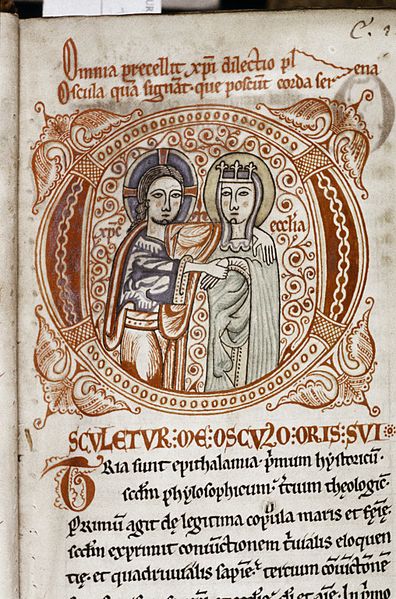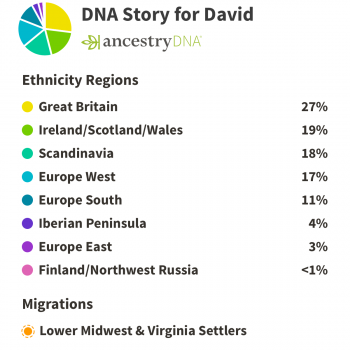Ordinary Time
5 July 2019
The Edge of Elfland
Concord, New Hampshire

Dearest Readers,
Recently I saw a short video from the BBC with the inimitable Stephen Fry. Fry, and his mellifluous voice, discussed language and pedantry. Essentially, Fry’s point was that we should not get caught up in the minutia of language, correcting the grammatical glitches we see in public, in the use of our friends, online, etc. Rather, says Fry, we should exult in language, take delight in the feel of the words in our mouths. He even concludes that language is a native born right to all who speak and no one should tell them they have no right to use it, or that they should feel inferior because they “can’t spell broccoli or moccasins.” Fry emphasizes delight in language and contrasts it with pedantry.
https://www.facebook.com/bbctwo/videos/457597215017351/
Similarly, I saw a meme not long after seeing that video which suggested that grammar is racist because there are multiple American vernaculars and everything is meaningless. I’ve seen this kind of thing before. In fact, I once saw a very interesting and well done video concerning some African American dialects and how they follow certain grammatical rules that others don’t. The chief instance I can remember is the leaving out of to be verbs. This is common in both Greek and Latin. But the point of the meme was that grammar is inherently racist.
On the one hand, I am sympathetic with Fry and, if not the meme declaring all grammar racist, at least the video pointing out the language naturally follows certain rules and different dialects of the same language can follow different rules. After all, no one likes a pedant, especially outside the classroom. Shouldn’t we exult in the sound and feel and meaning of words? Shouldn’t language delight us? Yes! But does this inherently mean that grammar or spelling are of no consequence? I don’t think so.
Take someone like Tolkien, for instance. Here is someone who clearly loved language itself. He loved language as such so much that he invented multiple languages of his own. And in inventing those languages he wrote stories which have changed and shaped the landscape of fantasy literature. But his languages had rules, had grammars. If we abandon grammar altogether––which is likely an overstatement of Fry’s point––then language itself can have no meaning. If we don’t know ahead of time how verbs and nouns, and even punctuation work then we can never be certain of a statement’s meaning. Now, I will grant Fry that punctuation and to an extent spelling are modern inventions and that language existed for quite some time without either, especially punctuation. But the reason we standardized spelling (to an extent anyway) and invented punctuation was to help make our meanings clearer, so we could better engage with one another through language.
Similarly, on the charge that grammar is racist, I submit that grammar as such is not racist, but that often its applications can be. Too many high school English teachers have likely used their position as grammarians to abuse those who do speak a different dialect of English (American or otherwise). But, I can’t submit that grammar as such is racist. In fact, the word has some magical history behind it, as it gave form both to the English word glamour which once meant (and in some ways still does) a magical spell or enchantment, and the French word grimoire which means a book of magical spells. Language and the rules that govern it are magical, they open up new ways of knowing and seeing the world around us, they help us shape reality. That some have used it without understanding that the rules contain a certain fluidity and that the rules of particular expression can be superseded by older rules, does not mean that English grammar is inherently racist or that life and language is meaningless as the meme suggested.
So, by all means should we be attentive to the dialectical aspect of language in different communities. And what is, perhaps, more important, we should fall in love with language and savor the words we have been given. But this does not mean we should abandon the seemingly pedantic rules of grammar and punctuation. Rather, we must simply remember that the rules common to our age or our particular dialect are just that, particularities, that participate in a higher Grammar, in the Word.
Sincerely,
David Russell Mosley











